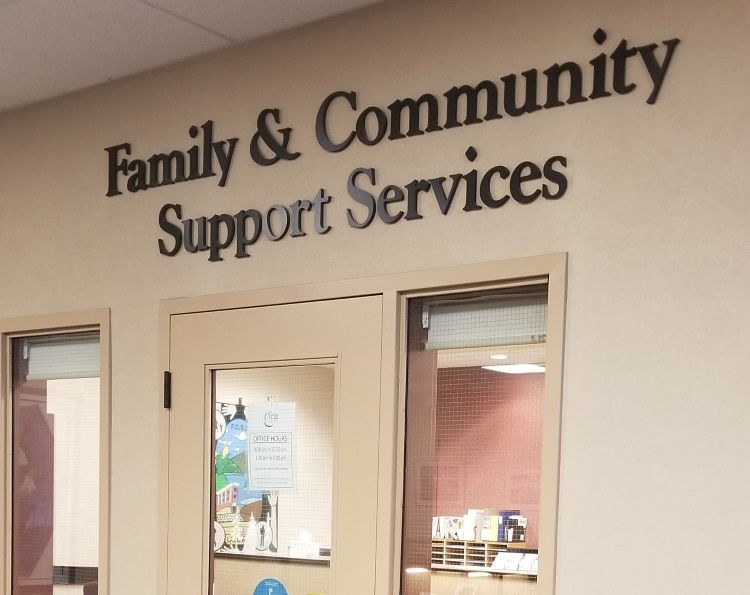The Lacombe and District Family and Community Support Services recently released the results of their rural Homelessness Estimation Project, which was conducted in the fall of 2018.
Approximately 1,600 surveys were submitted province-wide, with 91 of those done here in Lacombe, with surveys being handed out at a number of local agencies that the homeless population could use as support.
Rural Outreach Worker at Lacombe FCSS Connie Malena says there is a wide definition of what being homeless looks like, especially in rural communities, and there is a broad definition of what it can mean.
“It’s unsheltered, which would be absolutely homeless, living on the street or in your car. Emergency sheltered, that would be people staying in overnight shelters due to maybe family violence. Provisionally accommodated, so this is where you’ve got temporarily accommodation but you lack security for the future, such as couch surfing, and a lot of the youth know about that. And then at risk of homelessness, which is the broadest sense, which is people who are not yet homeless but due to their current economic situation… they could face homelessness in the near future. So it’s quite a broad definition.”
Malena says out of the 91 surveys filled out locally, 55 of those were actually estimated through anecdotes.
“A lot of the agencies staff knew of people who would meet the definition but choose for one reason or another not to fill out the survey, and so they kept anecdotal numbers on the side of additional numbers of people other than just the ones that filled out the survey.”
Out of the survey's filled completed in the Lacombe and Clive area, the typical respondent was an unemployed female with children, who are receiving financial benefits and a child tax credit, and even though they've lived in the community for an average of 6 years, they are unable to find a stable housing situation due to low income.
A full provincial report on the Homelessness Estimation Project is due out this spring.
The project will provide data on each community as well as a needs’ snapshot of the kind of social services that is being accessed within the communities. Lacombe and District FCSS was one of the 14 organizations in Alberta granted funding to carry out a population estimation count.
Earlier Stories:
Lacombe FCSS shares preliminary results of rural homelessness survey.
Lacombe and District FCSS conducting rural homeless count.








